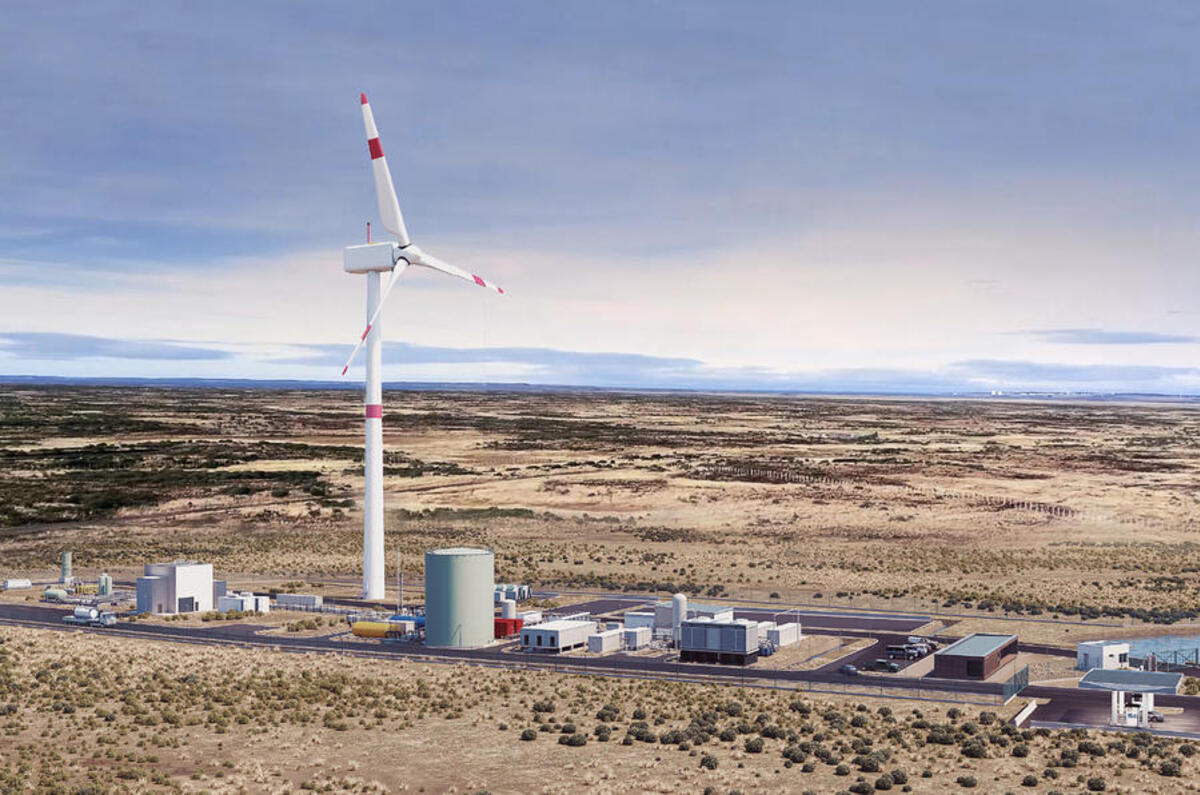Porsche has taken a significant step towards its goal of commercialising synthetic fuels with the acquisition of a stake in multinational e-fuels maker HIF Global.
The deal, worth some $75 million (£57.2m), has Porsche take a 12.5% share in HIF, which is leading construction of the Haru Oni eFuels plant in Punta Arenas, Chile, which will produce synthetic fuel for use in ICE Porsche cars from mid-2022.




Add your comment